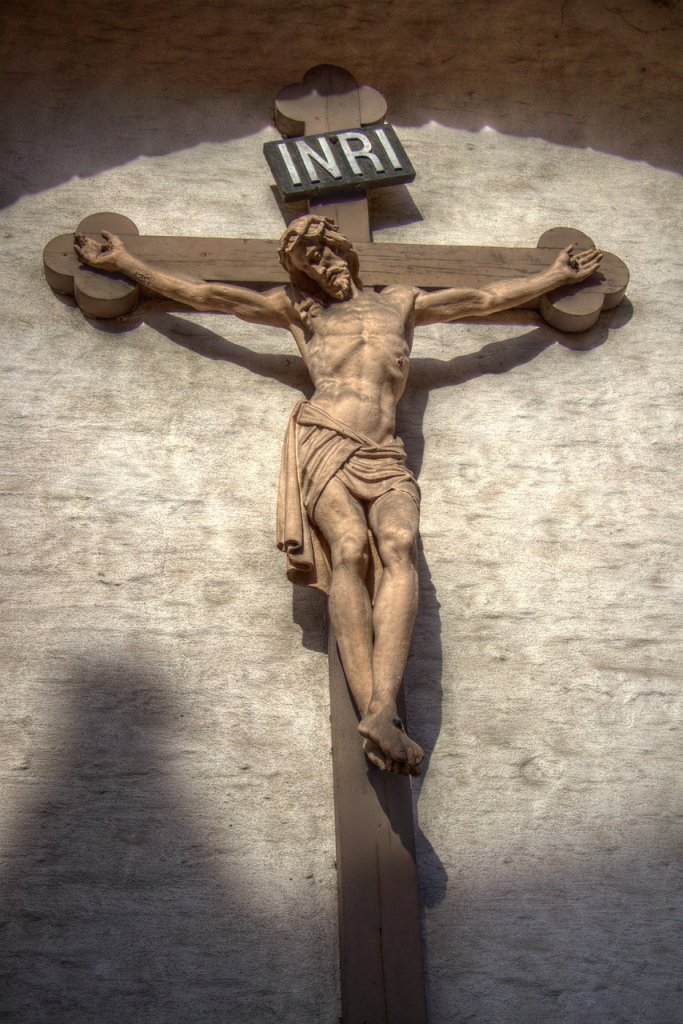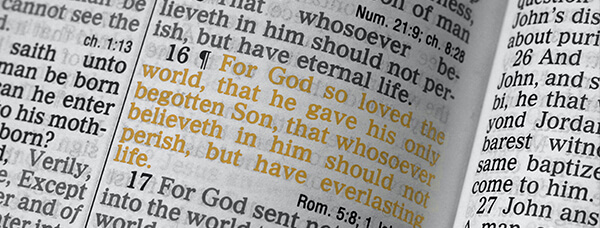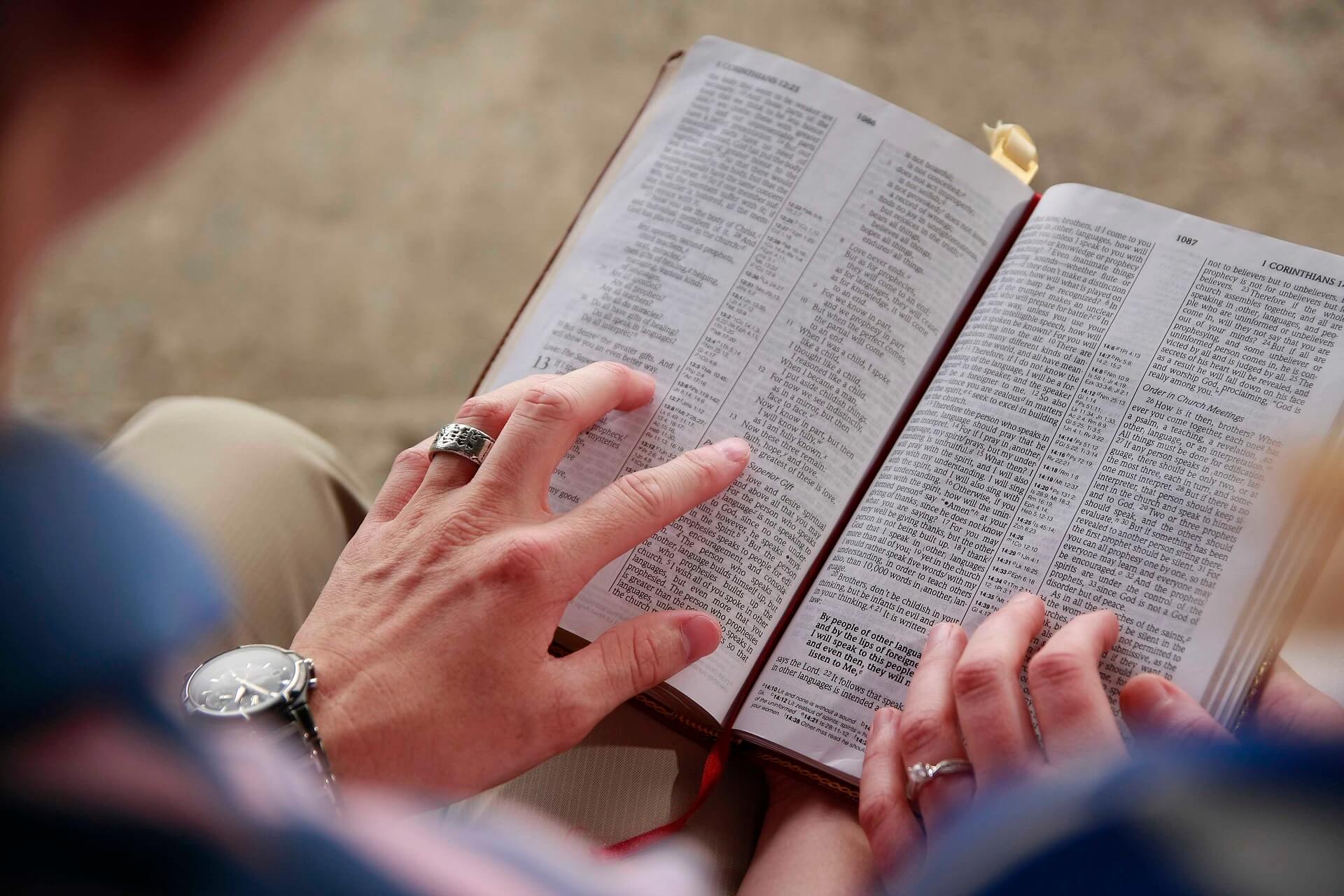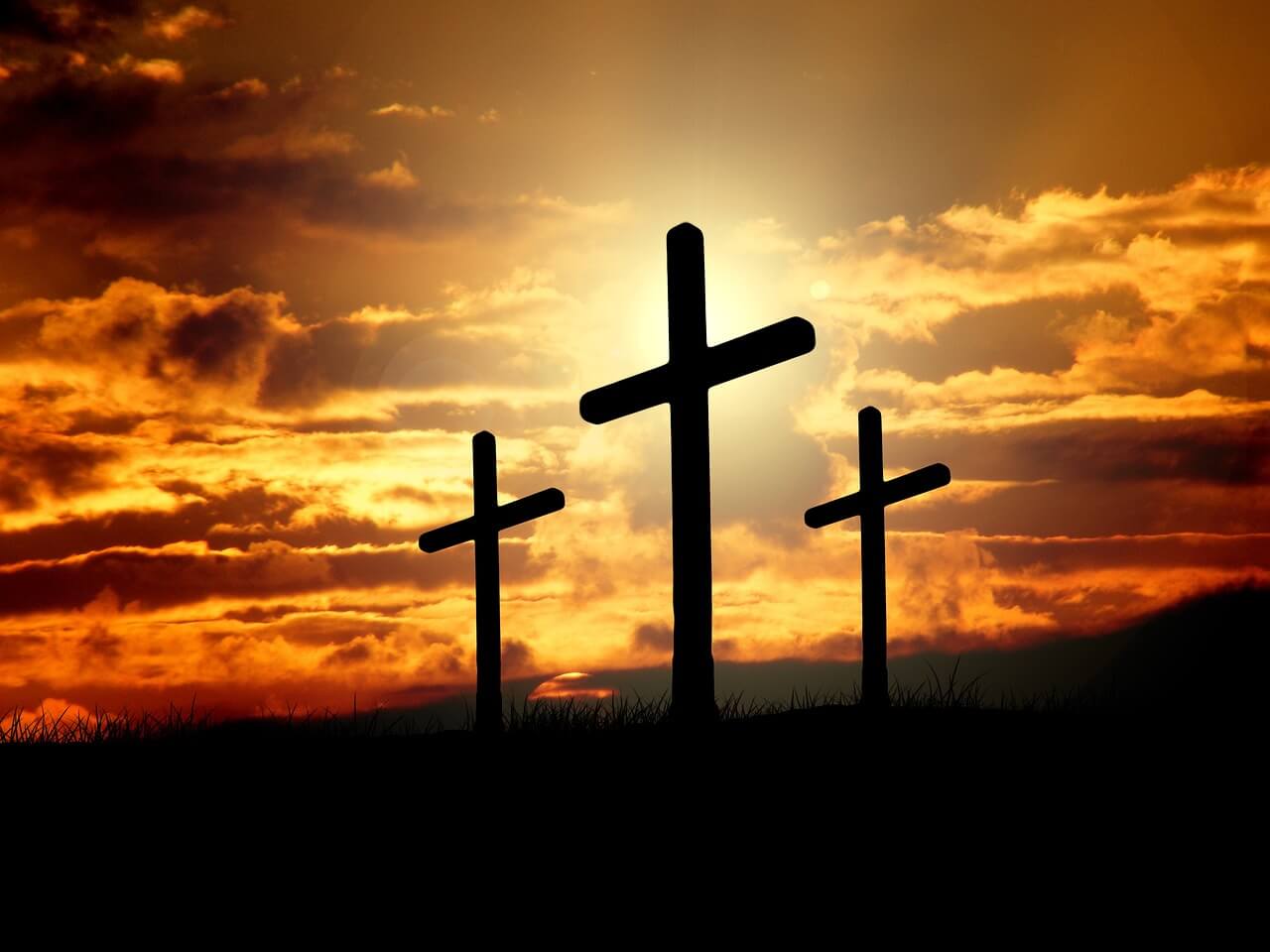If we were to ask our friends and neighbours what Easter is, most of them would probably mention chocolate bunnies, Easter egg hunts and family brunches. But Easter is so much more than that! Our Western culture has unfortunately pushed Jesus’s resurrection—the very foundation of Easter—aside.

Jesus’s death and resurrection are the very heart of the Christian faith. They reveal God’s power, his grace and love for us, and it symbolizes the promise of eternal life. Even before dying on the cross, Jesus announced his resurrection, as detailed in Matthew 17:22-23 (NIV): “When [the disciples] came together in Galilee, he said to them, ‘The Son of Man is going to be delivered into the hands of men. They will kill him, and on the third day he will be raised to life.’” Jesus was crucified on a cross and his body placed in a tomb, with a heavy stone blocking the entrance. But on the third day, the tomb was empty! Jesus had risen from the dead. God did not decide, one day, to send his son to die; Jesus’s death and resurrection were always part of the plan. He knew what we needed.
In fact, several centuries before Jesus’s birth, the prophet Isaiah announced his coming: “But he was pierced for our transgressions, he was crushed for our iniquities; the punishment that brought us peace was on him, and by his wounds we are healed.” (Isaiah 53:5, NIV).
It is because of Jesus’s life, death and resurrection that we can walk through life with confidence. Just as Jesus rose from the dead, we know that we too will be resurrected to spend eternity with God. Easter gives us a yearly opportunity to pause and celebrate our incredible God.
Certain Christian traditions, including Catholic, Orthodox and Protestant Christians, observe practices such as Lent. This period of fasting and prayer lasts 40 days, in reference to the 40 days Jesus spent in the desert, during which he fasted and resisted Satan’s temptations. A fast involves limiting our food intake or giving up certain pleasures, such as sweets, but it is most powerful when it also includes prayer and time spent with God. Evangelical Christians often prepare for Easter by devoting additional time to prayer, Scripture meditation and communion with God.
We can prepare our heart for Easter in a variety of ways:
- By devoting time to pray and deepen our relationship with Jesus
- By cultivating an attitude of gratitude for Jesus’ sacrifice
- By choosing to fast, as a way of focusing on God and removing material distractions
- By reading passages about Jesus’ crucifixion, death and resurrection (Matthew 26–28, Mark 14–16, Luke 22–24 and John 18–21)
By engaging with God’s Word, we can reflect on the importance of Jesus’s death on the cross and his resurrection for our own lives. Why did Jesus have to die to forgive our sins? How does Jesus’s resurrection impact my life? We can better understand Jesus’s sacrifice and what that means for our life when we take the time to connect with Jesus and the Bible.
Jesus suffered like no other human being. God’s supreme act of love, the sacrifice of his beloved son, gives meaning to all of humanity. Jesus died in our place on the cross and rose again so that we may live forever. Through His resurrection, we can be redeemed, forgiven, and reconciled with God. There is nothing we can do to earn or deserve God’s love; we can only receive it with faith and through grace.
As we prepare to celebrate Easter, may our hearts overflow with gratitude for God’s perfect gift. May we be enriched, strengthened and ready to rejoice in the very foundation of Easter: Jesus’s victory over death.








